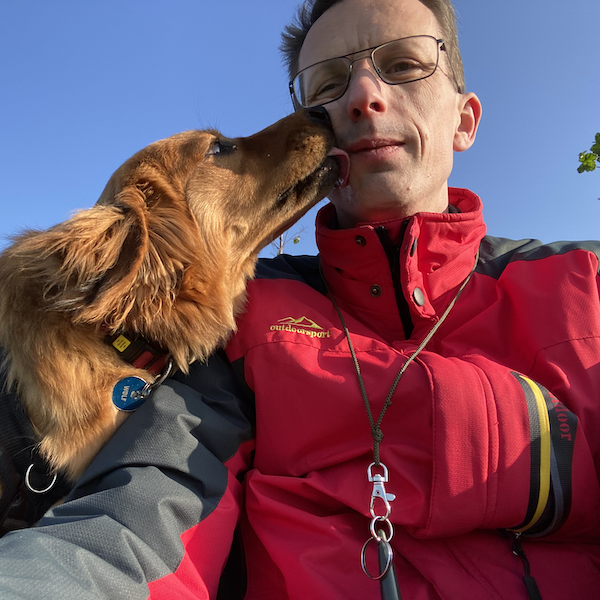About

Professional
IT Infrastructure Specialist | MSc in Computer Science | Open Source & Cloud Enthusiast | Shaping IT Strategy | Building High-Impact Teams | Crafting Scalable & Reliable Systems | Based in Rotterdam & Siegen-Wittgenstein
I work with companies to design, build, and improve their IT infrastructure—whether in the cloud, on-premises, or a mix of both—using Open Source technologies as a foundation. My focus is on making systems more reliable, scalable, and easier to manage.
I’m based in both the Rotterdam (NL) area and the Siegen-Wittgenstein (DE) region, and I regularly work with international teams across Europe. I’ve led technical projects and teams across borders, helping them collaborate more effectively, move faster, and take ownership of what they build.
My leadership style is hands-on and intent-driven—I stay close to the tech while creating space for teams to grow, take initiative, and work with clarity and trust. Whether it’s modernizing infrastructure, building automation pipelines, or leading cloud migrations, I aim to leave teams stronger and systems better than I found them.
Personal
In my free time, you’ll often find me cycling through the hills, walking with our loyal Austrian Pinscher, or being outnumbered by our four cats. I have a fondness for mindsports like chess, xiangqi, go, and shogi—each humbling in its own way, and all collectively requiring more than one lifetime to truly master.
When not on a board or a trail, I spend my time reading, skiing when the season allows, and falling down rabbit holes of curiosity. Whether it's a new technology or an obscure philosophy, I’ve made a habit of always learning—rarely linearly, but always relentlessly.
Technical Skills
An incomplete selection of my technical skills. An overview of my certifications can be found here.
Linux
RedHat Enterprise Linux
SuSe Linux Enterprise Server
Ubuntu
Debian
Monitoring
Nagios
Zabbix
Prometheus
Sensu
Programming
Python
Perl
PHP
Shell Scripting
Databases
MySQL
PostgreSQL
Cassandra
MongoDB
Projects
Short summaries of projects I have been involved in.
Speaking / Teaching
A global overview about the subjects I have given workshops, talks and courses about. A complete overview can be found here.
Speaking
OpenStack
Puppet
HAST
FreeBSD
Bash
Courses
SaltStack
SUSE Enterprise Storage
Workshops
SaltStack
OpenStack
Git
Red Hat Linux
HAST
Contact

Feel free to invite me for dinner if you think we can have an interesting or mutual benefitting conversation. If you have another offer, opportunity, or introduction that might make my life more interesting you can send an email to contact (at) jeroen (dot) se. Due to my other priorities, for example playing with my cats, I’ll only respond to those proposals that are a good match for my schedule and interests.